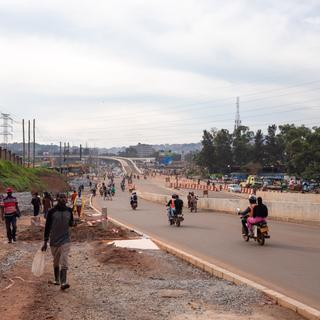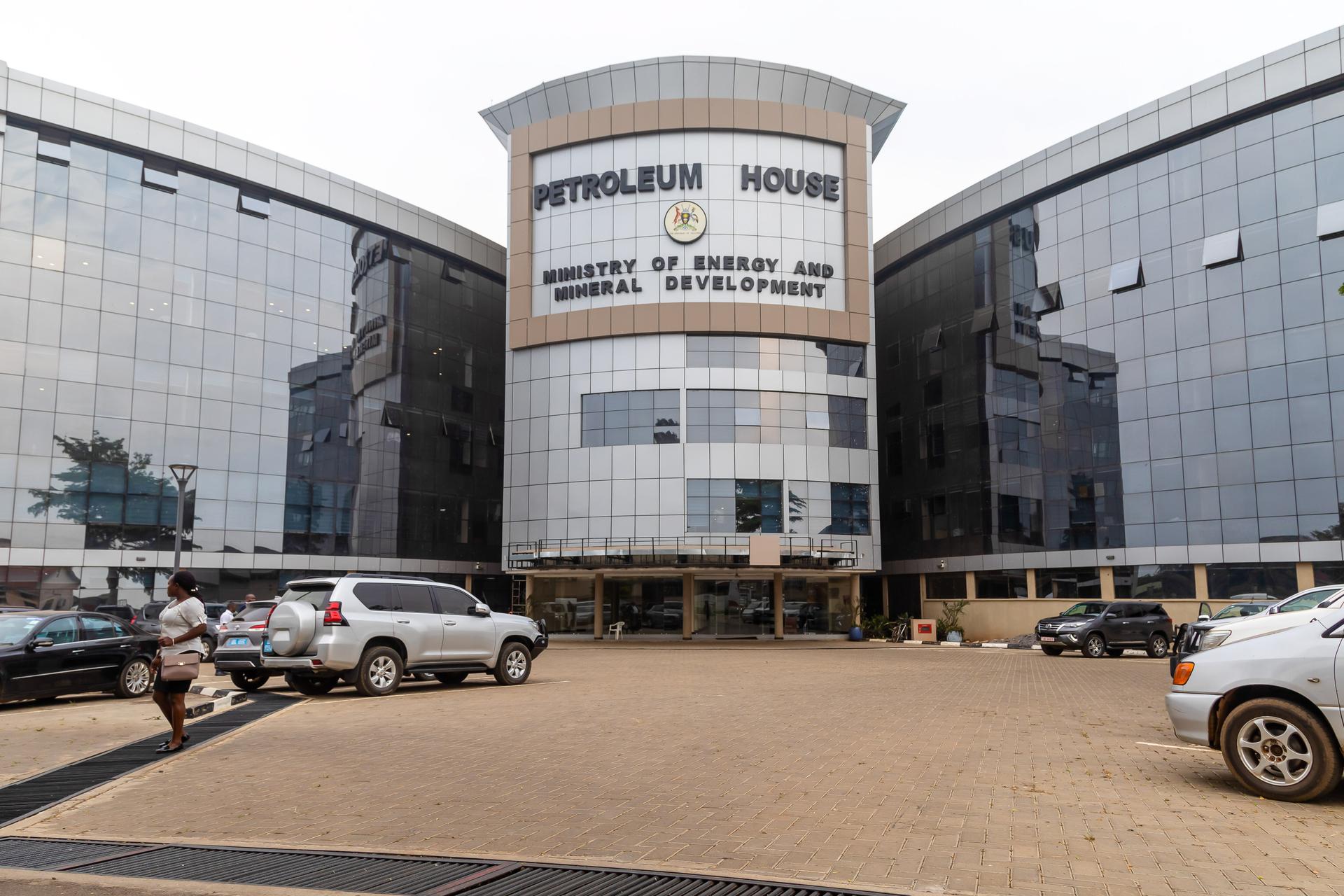


In Uganda, the dream of oil billions overshadows climate concerns
Feature'Africa: The new oil producers' (1/4). Kampala is undertaking a highly controversial oil project that involves the construction of the world's longest heated pipeline. But this poor, landlocked country with low emissions sees this as a turning point in its destiny.
Is it possible to become an oil-producing country in 2024? Worse, in five or ten years? In December 2023, the hottest year in history ended with a consensus among the world's governments to "phase out fossil fuels" at COP28 in Dubai. And yet, a dozen African countries are preparing to join the club of oil and gas exporters, including Uganda, Senegal and Niger.
In Uganda, comparisons with Norway, that distant European country, are on every decision-maker's lips. Not because of its polar cold or the majestic beauty of its fjords, but for its management of the godsend of its oil: Oslo is often held up as a model for having devoted its oil revenues to diversifying its economy, thus guaranteeing its wealth far beyond the black gold. Today, the Nordic state boasts the third-highest GDP per capita in the world ($101,000, or €91,500).
This is a daydream for Uganda, one of the poorest countries on the planet ($1,163 GDP per capita), landlocked in the chaotic African Great Lakes region. Ruled with an iron fist since 1986 by Yoweri Museveni, this rural country with an extremely young population (75% under 30) suffers from an appalling lack of access to education, health care and even electricity, particularly in the countryside (less than 36%). Kampala may be a dynamic hub, with its party culture, legendary traffic jams and noisy swarms of motorcycle taxis, but the economy remains highly informal and violently unequal.
The discovery of oil deposits around Lake Albert in the west of the country in 2006 raised high hopes. After several delays, the country is now aiming to produce, by 2025, around 1.4 billion barrels from two oil fields: Tilenga, the larger one, operated by France's TotalEnergies, and Kingfisher, entrusted to China's Cnooc.

A 'climate bomb'
The project is also attracting immense criticism from far beyond its borders. Around a third of Tilenga's wells are being sunk in Murchison Falls National Park, which is home to lions, elephants, leopards and numerous bird species. Kingfisher will extract oil from the waters of Lake Albert, home to fishing communities. Not to mention the fact that almost all of these barrels will be exported via a giant pipeline crossing Uganda and then Tanzania, over almost 1,500 kilometers, to the Port of Tanga.
Not only will the East Africa Crude Oil Pipeline (EACOP) have to be heated to liquefy the viscous crude oil, but also its construction will require the displacement of over 100,000 people amid pressures denounced by Human Rights Watch and others. In Paris and London, demonstrations have been organized against this "climate bomb" and legal proceedings have been launched. And in Strasbourg, the European Parliament has called for its abandonment.
You have 75% of this article left to read. The rest is for subscribers only.
